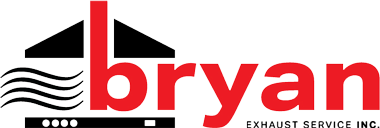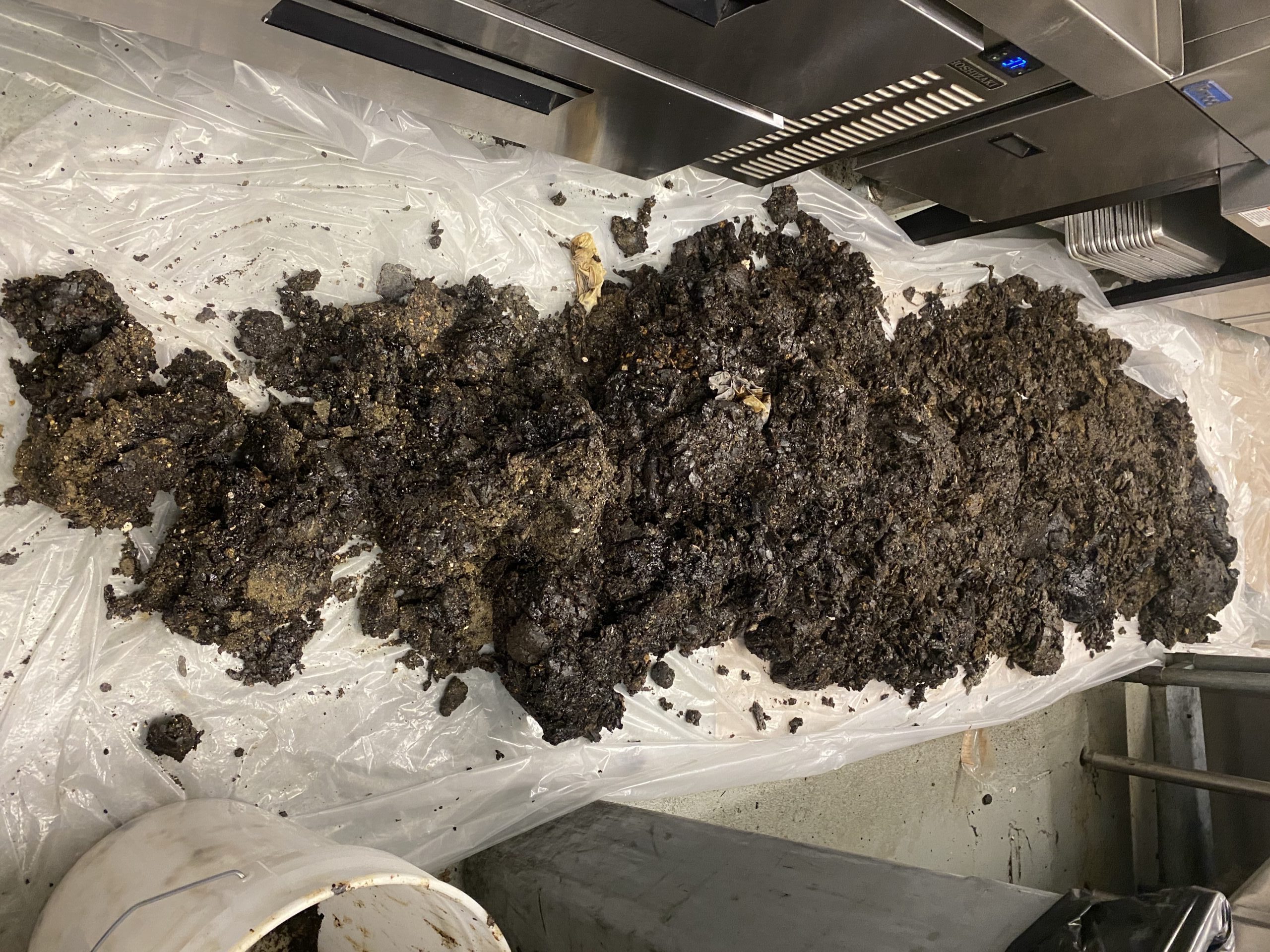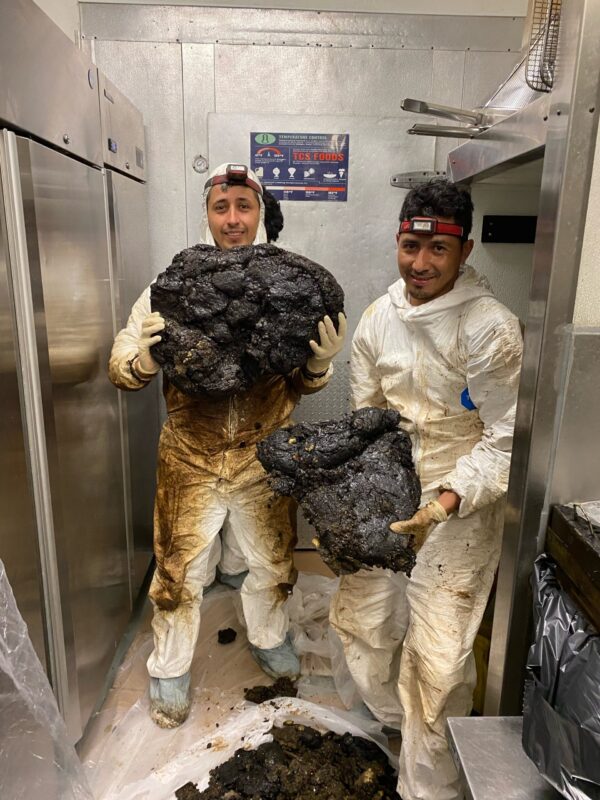The Importance of Kitchen Exhaust Hood Cleaning
The kitchen is the heart of any restaurant, and ensuring the safety of your cooking operations is of utmost importance. The National Fire Protection Association (NFPA) has put in place guidelines, known as NFPA 96, that outline the proper kitchen exhaust cleaning and inspection schedule for systems to reduce the risk of fire. In this article, we’ll dive into the guidelines set forth by NFPA 96 and why following them is so critical for the safety of your restaurant.
Frequency of Kitchen Exhaust System Inspections
The frequency of inspections for your kitchen exhaust system will depend on the type and volume of cooking operations you have in your kitchen. NFPA 96 states that systems serving solid fuel cooking operations should be inspected monthly, while systems serving high-volume cooking operations, such as 24-hour cooking, charbroiling, or wok cooking, should be inspected quarterly. Systems serving moderate-volume cooking operations should be inspected semi-annually, and systems serving low-volume cooking operations, such as churches, day camps, seasonal businesses, or senior centers, should be inspected annually.
Removing Contaminants from Your Kitchen Exhaust System
If upon inspection, the exhaust system is found to be contaminated with deposits from grease-laden vapors, the contaminated portions of the system must be cleaned by a properly trained, qualified, and certified person acceptable to the authority having jurisdiction. The hoods, grease removal devices, fans, ducts, and other appurtenances must be cleaned to remove combustible contaminants prior to surfaces becoming heavily contaminated with grease or oily sludge. During the cleaning process, all electrical switches that could be activated accidentally must be locked out, and components of the fire suppression system should not be rendered inoperable.
Safety Considerations During Kitchen Exhaust Cleaning
When cleaning your kitchen exhaust system, it’s essential to take certain safety measures to reduce the risk of fire. Flammable solvents or other flammable cleaning aids should not be used. Cleaning chemicals should not be applied on fusible links or other detection devices of the automatic extinguishing system. After cleaning, the exhaust system should not be coated with a powder or other substance.
Restoring Your Kitchen Exhaust System to Normal Operations
Once the cleaning process is completed, all access panels (doors) and cover plates must be restored to their normal operational condition, and all electrical switches and system components must be returned to an operable state. A certificate showing the name of the servicing company, the name of the person performing the work, and the date of inspection or cleaning must be maintained on the premises. The exhaust cleaning company and the person performing the work must provide the owner of the system with a written report that also specifies areas that were inaccessible or not cleaned. If required, certificates of inspection and cleaning and reports of areas not cleaned must be submitted to the authority having jurisdiction.
Why Kitchen Exhaust Hood Cleaning is Critical for Fire Safety
Grease buildup in your kitchen exhaust system is a serious fire hazard. It is essential to have it removed regularly to reduce the risk of fire. The guidelines set forth by NFPA 96 help ensure that your kitchen exhaust system is cleaned properly. By following these guidelines, you can rest assured that your kitchen is safe and that you are in compliance with fire safety regulations.
In conclusion, kitchen exhaust hood cleaning is an essential component of fire safety in your restaurant. By following the guidelines set forth by NFPA 96, you can help keep your kitchen safe and reduce the risk of fire. At Bryan Exhaust, we have the expertise and experience required to help you comply with State and local codes.




